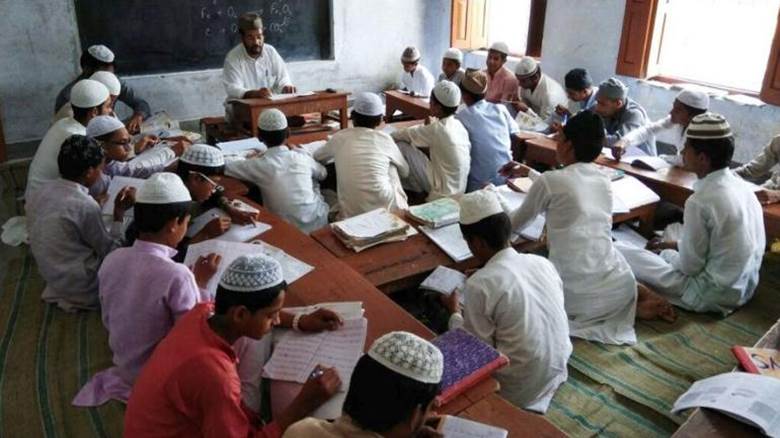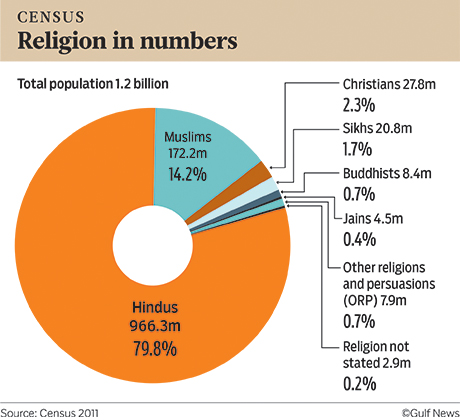Free Courses Sale ends Soon, Get It Now


Free Courses Sale ends Soon, Get It Now



Copyright infringement not intended
About
Scheme for Providing Quality Education to Madrasas/Minorities (SPEMM)
.jpg)
Scheme for Providing Quality Education in Madrasas (SPQEM)
Infrastructure Development of Minority Institutes (IDMI)
Article 30 of the Indian Constitution
Minority Communities in India

https://t.me/+hJqMV1O0se03Njk9
© 2024 iasgyan. All right reserved